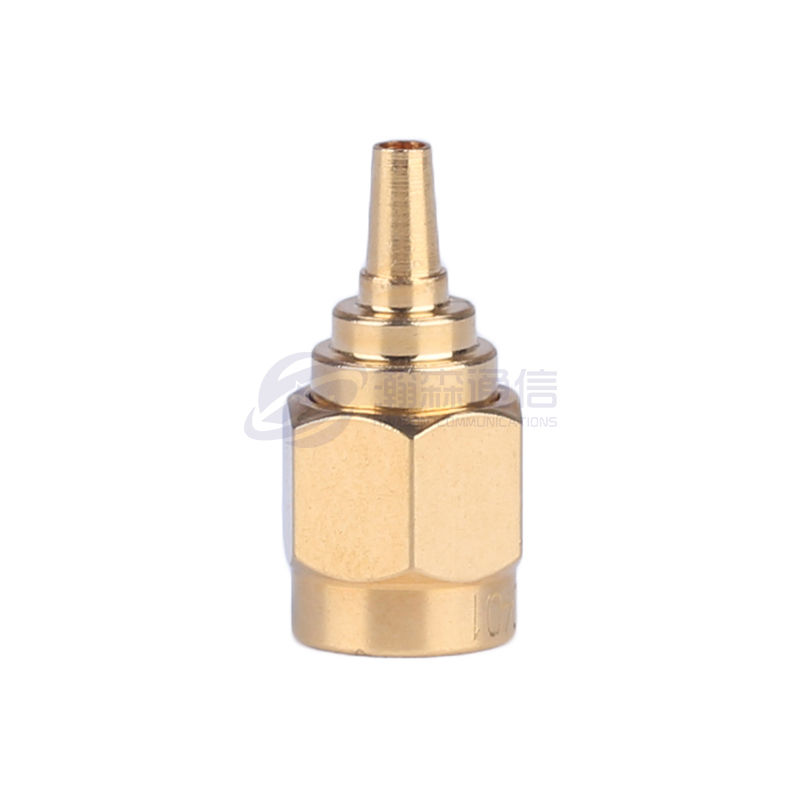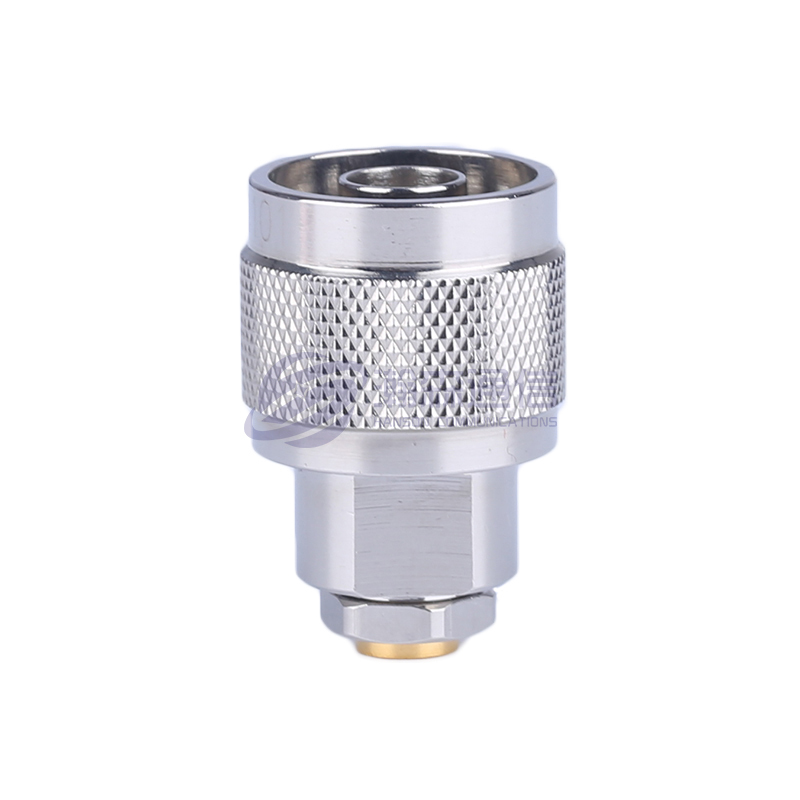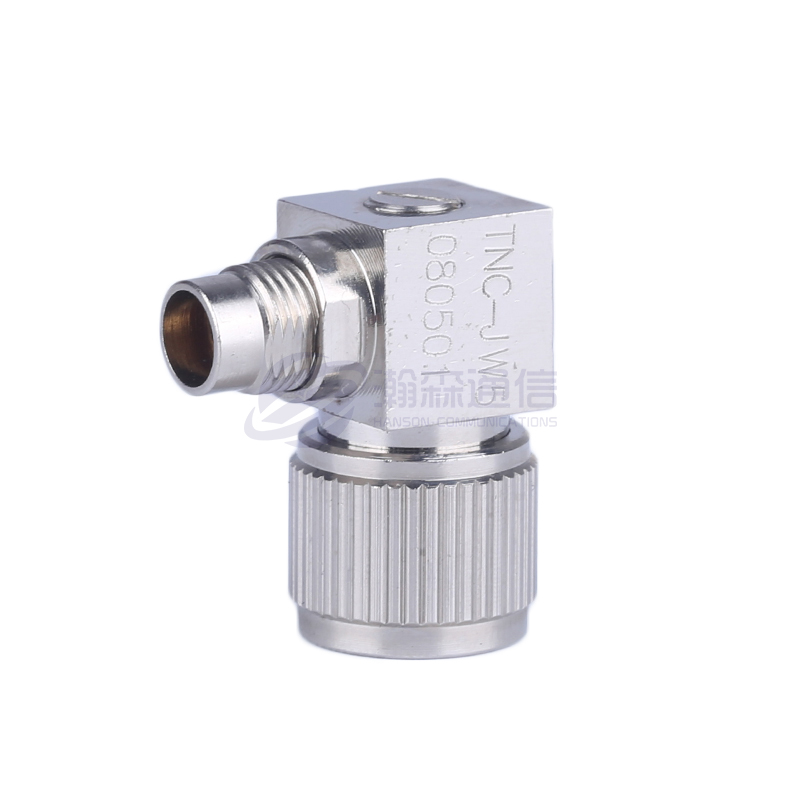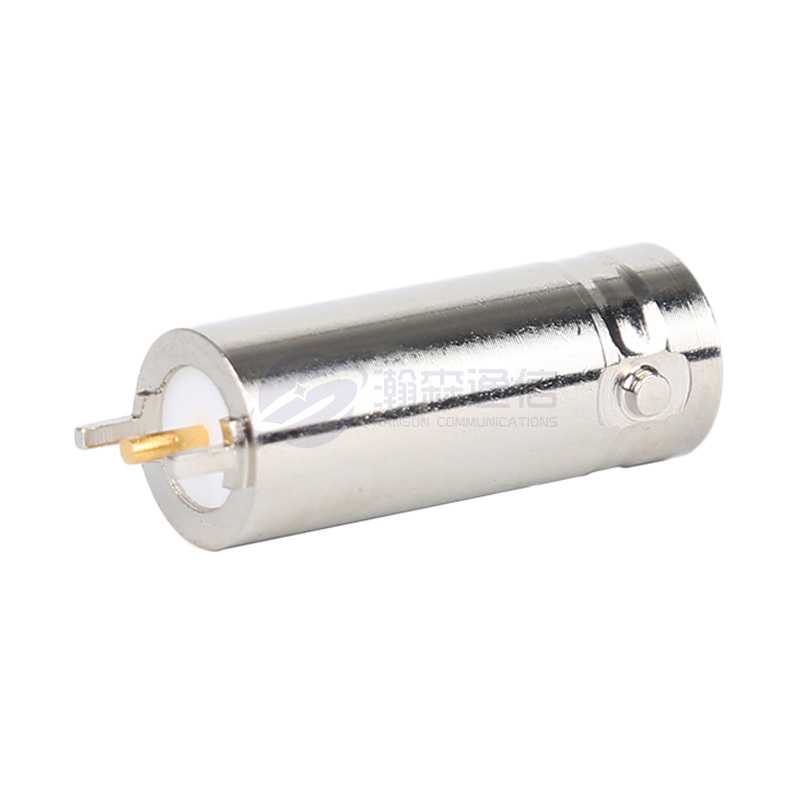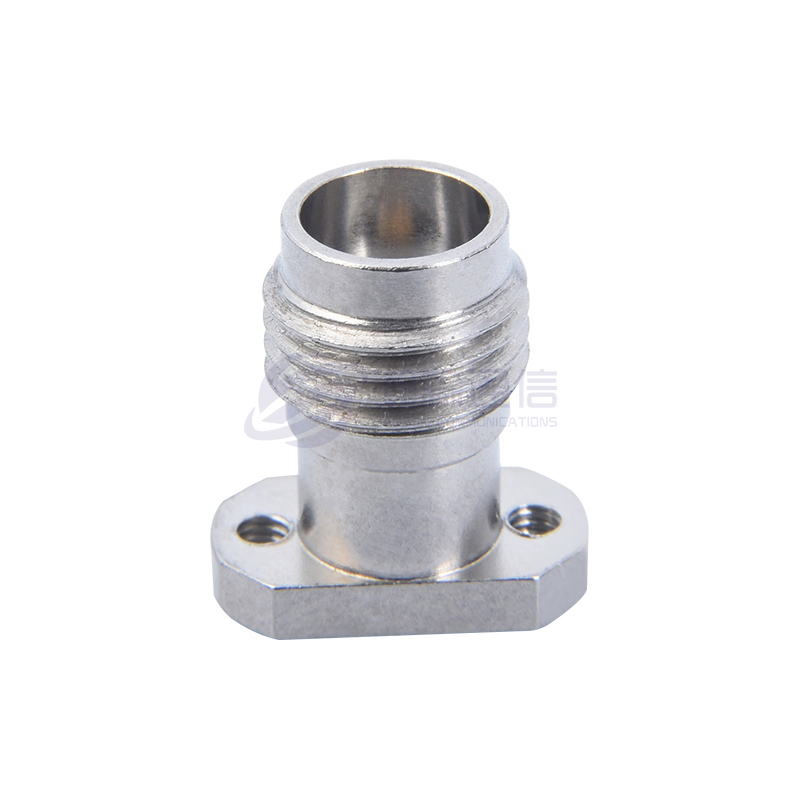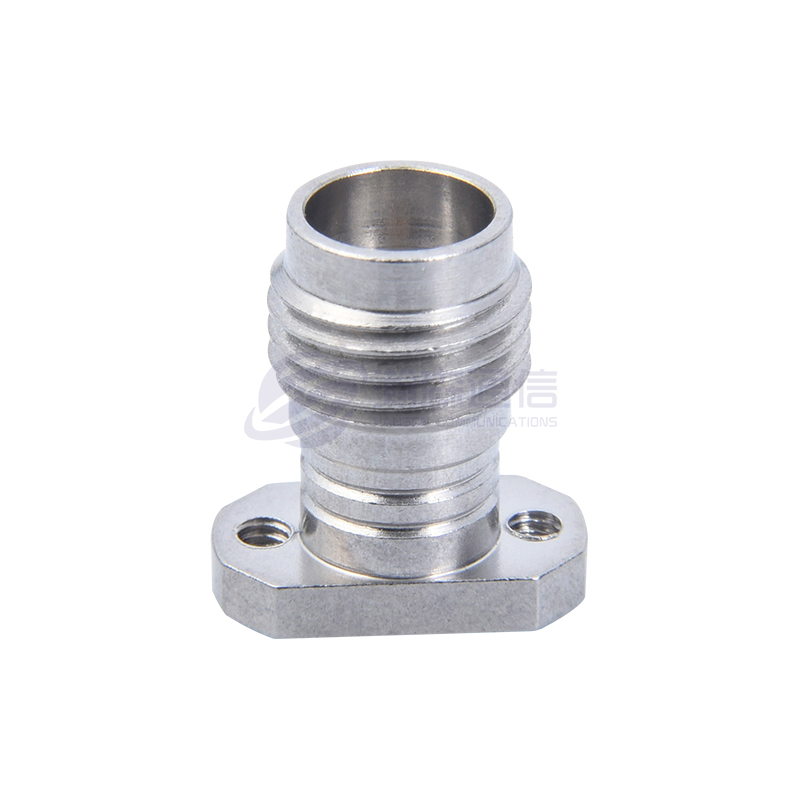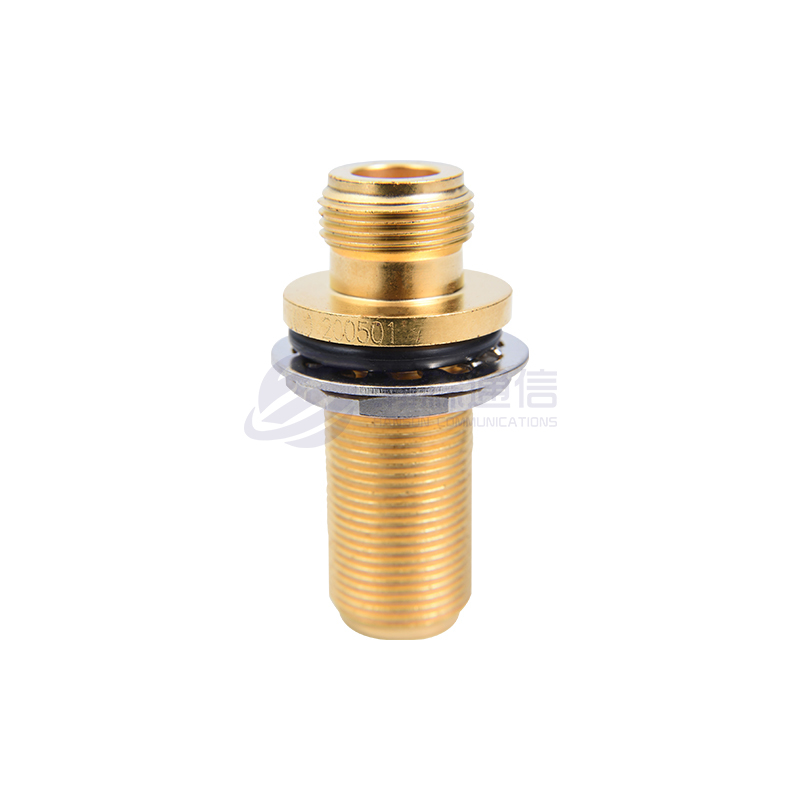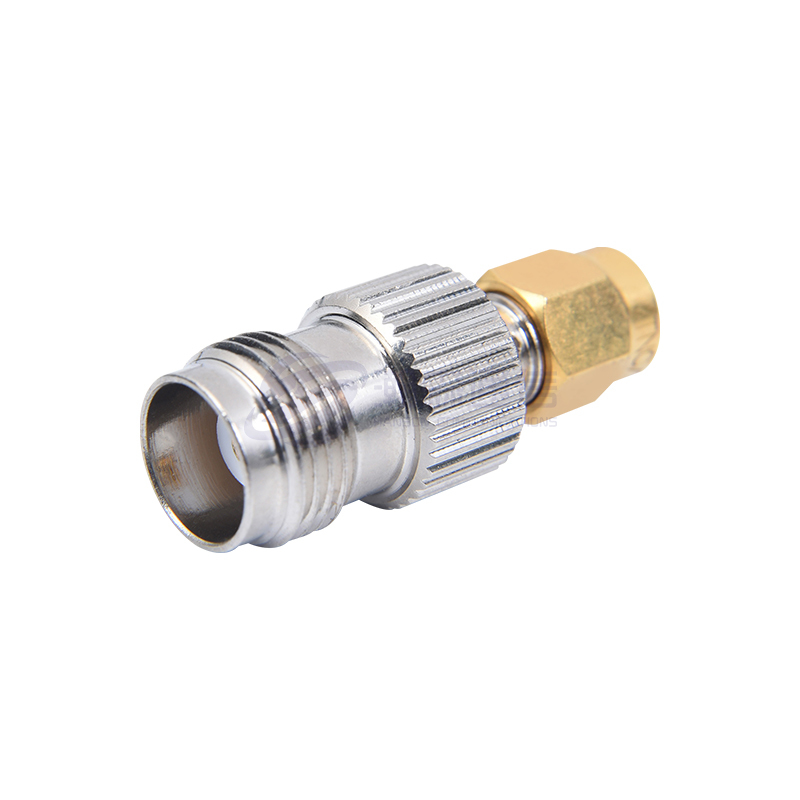What is an RF Glass Insulator?
 2025.09.25
2025.09.25
 Industry News
Industry News
RF glass insulator is an insulating support element used for high-frequency (RF) signal transmission. It is mainly made of special glass materials and has excellent high-frequency insulation performance, high temperature resistance and mechanical strength. It is widely used in communication base stations, radar systems, satellite antennas, high-frequency electronic equipment and other fields to support or fix conductors while ensuring efficient transmission and electrical isolation of RF signals.
Content
1. Characteristics of RF glass insulators
(1) High-frequency insulation performance
Low dielectric loss: The dielectric loss is extremely low at high frequencies (such as MHz~GHz), reducing signal attenuation.
High dielectric strength: Resistant to high voltage, preventing RF signal breakdown or leakage.
(2) Durability
High temperature resistance: It can work stably in the range of -50℃~+300℃ and is suitable for harsh environments such as outdoor base stations and radars.
UV and corrosion resistance: The glass material is not easy to age and is suitable for long-term exposure to wind, rain, salt spray and other environments.
(3) Mechanical properties
High strength: Good compression and bending resistance, and can withstand the mechanical load of antennas or wires. Dimensional stability: low thermal expansion coefficient, not easy to deform when the temperature changes, ensuring the stability of the RF system.
(4) RF signal integrity
Low signal reflection: smooth surface, reducing the reflection and interference of RF signals.
Impedance matching: optimized design can match the transmission line impedance (such as 50Ω or 75Ω), improving signal transmission efficiency.
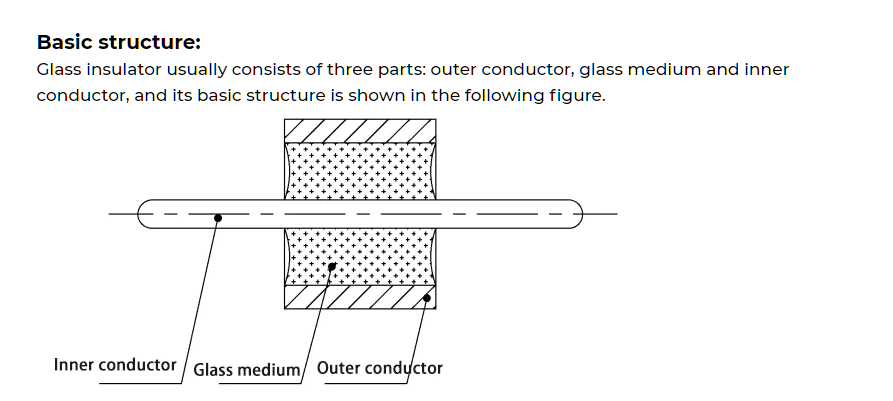
2. Application scenarios of RF glass insulators
(1) Communication base station
5G/4G base station antenna: supports the radiation unit to ensure efficient signal transmission.
Microwave relay station: used for insulation support of waveguide or coaxial cable.
(2) Radar system
Military/weather radar: supports high-frequency feeder, resistant to high voltage and anti-interference.
(3) Satellite communication
Satellite antenna: provides stable insulation support in the extreme environment of space.
(4) High-frequency electronic equipment
RF filter, power amplifier: used to fix internal high-frequency circuit components.
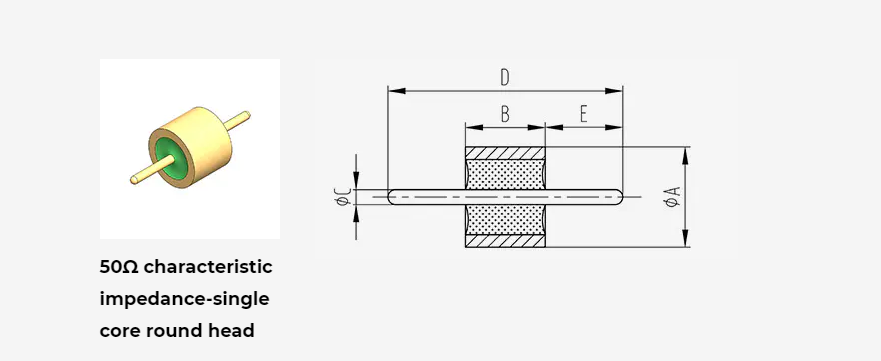
3. RF Glass Insulator vs. Traditional Ceramic Insulator
| Features | RF Glass Insulator | Traditional Ceramic Insulator |
| High-Frequency Performance | Lower dielectric loss, minimal signal attenuation | Higher high-frequency loss |
| Mechanical Strength | High, but slightly more brittle | Extremely high, good impact resistance |
| Temperature Resistance | Excellent (-50°C to +300°C) | Excellent (but some ceramics are susceptible to thermal cracking) |
| Cost | High | Low |
| Applicable Applications | Precision systems such as high-frequency communications and radar | Power insulation, low-frequency equipment |
Request for a call today

 English
English русский
русский
